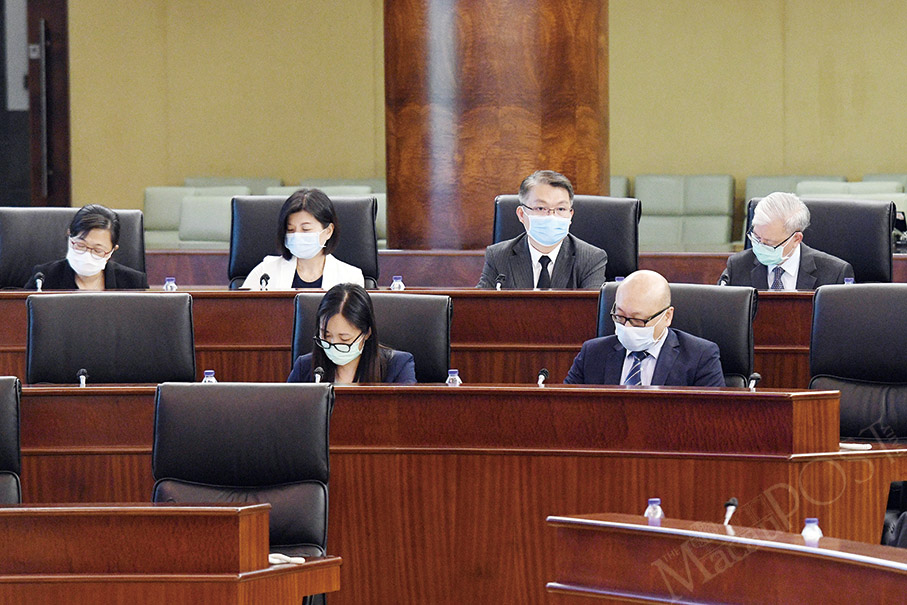The Legislative Assembly (AL) passed on Friday a government-initiated amendment bill which will raise the number of days for statutory paid maternity leave to 70 days from the current 56 days in the private sector.
The bill amends the Labour Relations Law, which took effect in 2009. The Labour Relations Law regulates the private sector employment. The public sector has its own employment regulations that are much more generous than those in its private counterpart.
The Labour Relations Law amendment bill will take legal effect on the day following its promulgation in the Official Gazette (BO).
According to the new version of the Labour Relations Law, a new father will be entitled to five days paid paternity leave, as opposed to the current version of the law which entitles new fathers employed in the private sector to only two days of unpaid paternity leave.
The bill’s outline was passed during a plenary session of the legislature in July last year. The legislature’s 3rd Standing Committee held seven meetings to review the bill.
Secretary for Economy and Finance Lei Wai Nong attended Friday’s plenary session when the bill was voted on article-by-article in its second and final reading.
The new version of the Labour Relations Law will require 63 days out of the statutory 70 days paid maternity leave to be used immediately after the baby’s birth, while the mother can choose to take the remaining seven days before or after the birth.
According to the new version of the law, a new father can enjoy the statutory five days paid paternity leave consecutively or intermittently during the mother’s pregnancy or after the birth.
There will be a three-year transition period after the new version of the law takes effect concerning the implementation of the statutory 70 days paid maternity leave. During the three-year transition period, the employer is required to pay mothers at least 56 days leave out of the 70 days, while the remaining up to 14 days are to be paid by the government. However, this arrangement will only apply to mothers who are local residents. Consequently, the employer of a new mother who is a non-resident worker will need to pay the whole 70-day maternity period.
According to the new version of the law, the government will have to review the 14-day subsidy measure three years after the new law’s implementation.
During Friday’s plenary session, several lawmakers said that the new statutory 70 days paid maternity leave is still shorter than the 98 days recommended by international labour conventions, as well as the 90 days enjoyed by Macau’s public servants. They asked Lei whether the government will propose to raise the number of days for statutory paid maternity leave to 98 days in the future.
Male civil servants enjoy 15 days of paid paternity leave after the birth of the baby.
Lei replied that the 14-day extension of the statutory paid maternity leave was a step forward, based on a consensus in civil society after striking a balance between the labour and business sectors.
Lei also underlined that the 14-day maternity leave subsidy is merely a provisional measure for employers. Lei said that in principle, employers should pay the whole 70-day maternity period, adding that the subsidy arrangement merely aimed to prevent employers from having to deal with a sudden financial burden, and to help small- and medium-sized enterprises (SMEs) adapt to the new statutory 70 days paid maternity more easily.

Secretary for Economy and Finance Lei Wai Nong (upper row, second from left) attends Friday’s plenary session in the Legislative Assembly’s hemicycle. Photo: GCS





